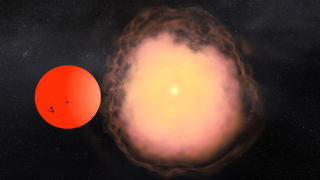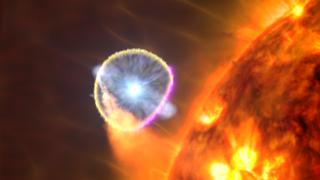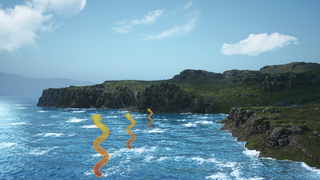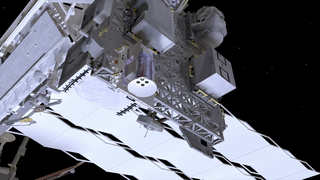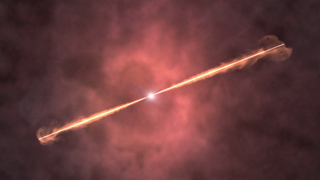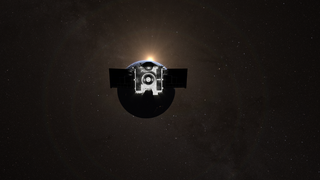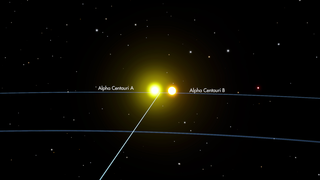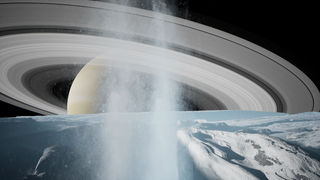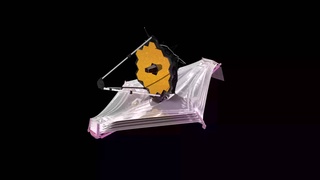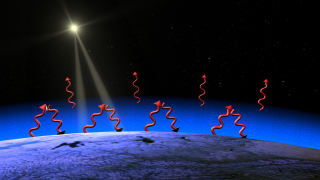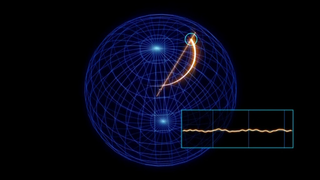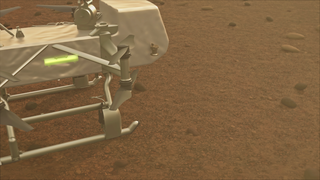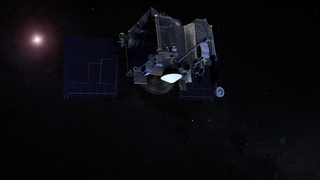Fermi Sees a Nova
In March, Fermi's Large Area Telescope (LAT) detected gamma rays — the most energetic form of light - from the nova for 15 days. Scientists believe that the emission arose as a million-mile-per-hour shock wave raced from the site of the explosion. A nova is a sudden, short-lived brightening of an otherwise inconspicuous star. The outburst occurs when a white dwarf in a binary system erupts in an enormous thermonuclear explosion.
"In human terms, this was an immensely powerful eruption, equivalent to about 1,000 times the energy emitted by the sun every year," said Elizabeth Hays, a Fermi deputy project scientist at NASA's Goddard Space Flight Center in Greenbelt, Md. "But compared to other cosmic events Fermi sees, it was quite modest. We're amazed that Fermi detected it so strongly." More information here.
Related
For More Information
Animation Credits
NASA/Conceptual Image Lab/Goddard Space Flight Center
https://svs.gsfc.nasa.gov/20184
Mission:
Fermi Gamma-ray Space Telescope
This item is part of this series:
Astrophysics Animations
Keywords:
SVS >> HDTV
SVS >> X-ray
GCMD >> Earth Science >> Spectral/Engineering >> Gamma Ray
SVS >> Astrophysics
SVS >> Space
SVS >> Fermi
SVS >> Binary Star
SVS >> Supernova
NASA Science >> Universe
GCMD keywords can be found on the Internet with the following citation: Olsen, L.M., G. Major, K. Shein, J. Scialdone, S. Ritz, T. Stevens, M. Morahan, A. Aleman, R. Vogel, S. Leicester, H. Weir, M. Meaux, S. Grebas, C.Solomon, M. Holland, T. Northcutt, R. A. Restrepo, R. Bilodeau, 2013. NASA/Global Change Master Directory (GCMD) Earth Science Keywords. Version 8.0.0.0.0
